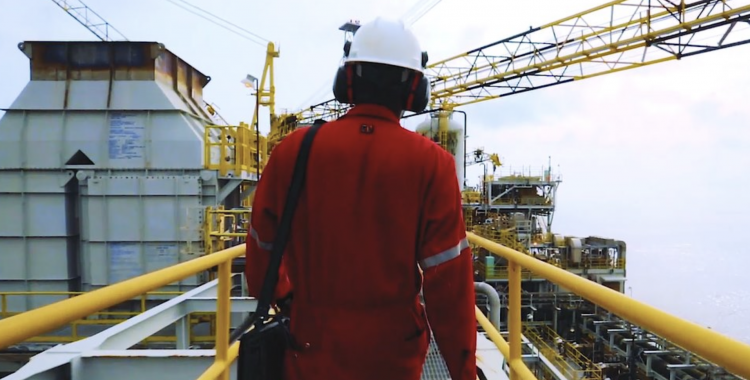Speaking to Lusa, Devi Paulsen-Abbott underlined that, in the last 15 years, the biggest and most successful projects in the oil sector have been "frontier (exploration) opportunities".
"Angola's challenge is that the focus has been on exploring and developing what already exists", said the official, adding that in order to attract new investors the country has to focus on new areas, such as the Kwanza basin, "an opportunity frontier" that will attract more 'players' and new investors.
For the CEO of Energy Capital & Power (ECP), "an investor-friendly environment is not enough", but also being attentive to new opportunities and explorations.
In this context, collaboration between countries also plays an increasingly important role, he considered with regard to the signing of the agreement for the sharing of oil revenues between Angola and the Democratic Republic of Congo (DRCongo) which should take place in July, putting an end to a dispute that dragged on for years.
"If we are committed as an African continent, we have to be agile and seize opportunities, many of which are cross-border", said Paulsen-Abbott, pointing to countries such as Zambia, DRC or Namibia, with which Angola shares borders and has projects in common.
"If this is an example of how disputes can be resolved, it will be easier, it will show investors that there is good diplomacy at the international level and it will benefit both economies, allowing things to move forward more quickly," she said.
"Collaboration is the future, no country can walk alone", reinforced Devi Paulsen-Abbott.
On the sale of assets by foreign companies such as Total or Galp and the entry of Angolan 'players' such as Somoil, she underlined that "it is good that local companies start to participate more in the sector".
"We are victims, as a continent of a lot of international exploitation, we don't want to be in a situation where foreign investors come and take all the assets and then leave. This does not benefit the local population, so giving space to local 'players' is very important, we don't need to have monopolies or just half a dozen companies competing", she commented.
This is also a "sign of a mature market", in which several 'players' are active in the market.
Asked about the privatization of Sonangol, she considered that it will be "very significant for the sector", and, therefore, it cannot be a process that happens overnight, rather a careful approach must be taken.
"It will have a great impact on the sector and in Angola", she noted, underlining that "a marathon is preferable to a 'sprint'", as is the case with Sonangol's transition to an energy company.
She also highlighted that long-term commitments are particularly relevant in this sector and that Angola has changed a lot in terms of regulation and the business environment, advocating greater involvement between the public and private sectors.
But, she added, "it has to be a collaboration, it can't be an imposition, it has to be good for everyone."
Regarding the impact of the devaluation of the kwanza, she underlined that it will be felt in all sectors, and not just in the oil industry.
Caution will be a watchword, but it is necessary to "look at more general issues" to understand what the future will be like.
"We cannot look at the opportunities of the future with the eyes of the present, we have to think about how it will be. We know that the rest of the world does not have the opportunities in terms of resources that we have in Africa, so we have to take a long term approach", she stressed.
The South African company dedicated to investment in the energy market will promote, between the 13th and 14th of September, in Luanda, the 4th Oil & Gas Conference, seeking to show new development opportunities, changes in the sector in terms of energy transition and decarbonization strategies, but also focusing on gender equality, said Devi Paulsen-Abbott.







